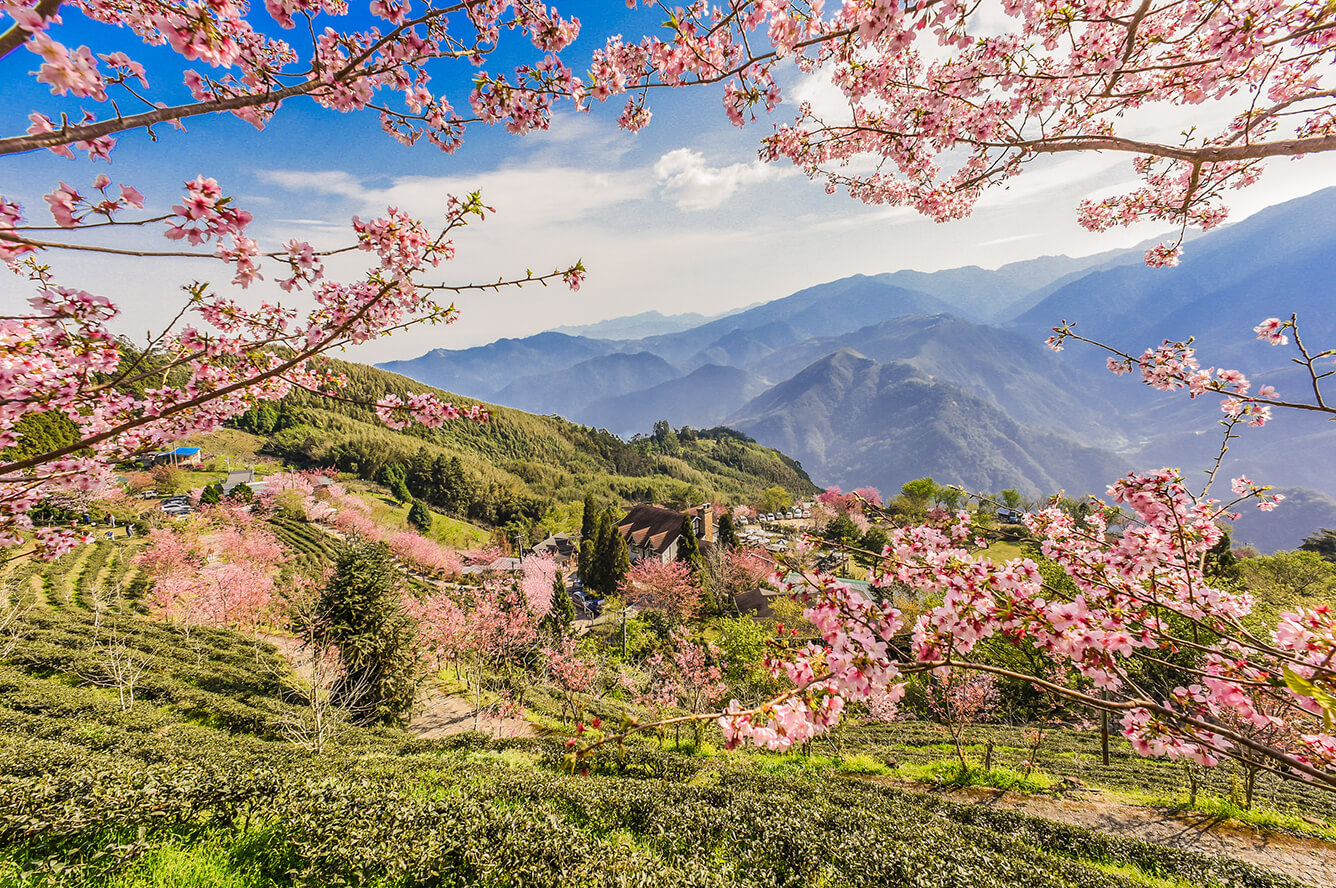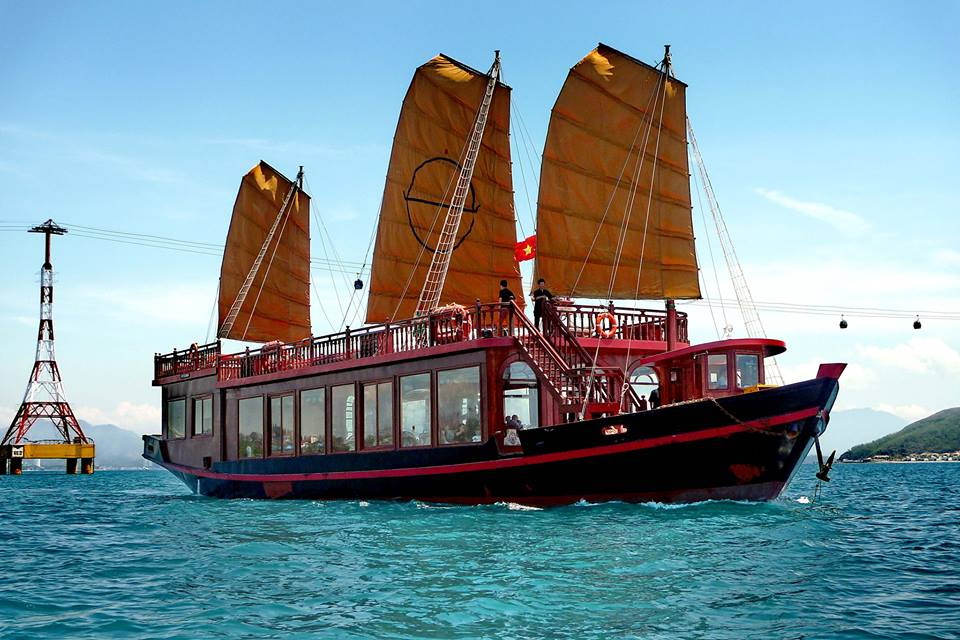1. Serengeti
The Serengeti ecosystem is located in northwestern Tanzania and extends to southwestern Kenya. The region hosts the largest mass movement of land mammals on the planet and one of the most breathtaking events in the animal kingdom. African safari tours follow the one million wildebeest and 200,000 zebra that make a 500 kilometer (310 miles) round trip from the Southern Serengeti in Tanzania to the northern edge of the Masai Mara National Reserve in Kenya. The Great Migration is probably Africa’s greatest safari spectacle and the most exceptional natural wonder of the world.
2. Galapagos Islands
The Galapagos Islands are a small archipelago of volcanic islands belonging to Ecuador in the eastern Pacific Ocean. The islands are quite remote and isolated, lying some 1000 km (620 miles) west of the South American continent. The archipelago is world renowned for its unique island ecosystem which was the inspiration for Charles Darwin’s Theory of Natural Selection. Seeing the amazing sites and wildlife is best done by joining a boat tour. Booking a Galapagos Islands cruise with a company in your home country is usually the most convenient, but is often more expensive. There are also a lot of companies that can book Galapagos Islands tours either in Puerto Ayora or from Guayaquil or Quito.
3. Amazon
The Amazon is the largest river in the world by volume, with a total river flow that accounts for approximately one-fifth of the world’s total. The river has over 3,000 recognized species of fish and new species are still being discovered. The Amazon Rainforest represents over half of the planet’s remaining rainforests. As the largest tropical rainforest it has has an unparalleled biodiversity. One in ten known species in the world live in the Amazon Rainforest.
4. Iguazu Falls
One of the great natural wonders of the world, Iguaçu Falls is situated on the border between Brazil and Argentina. The waterfall system consists of 275 falls along the Iguazu River. The majority of the falls are about 64 meters (210 ft) in height. The most impressive of them all is the Devil’s Throat a U-shaped, 82 meter high (269 ft), 150 meter (492 ft) wide and 700 meter (2300 ft) long waterfall.
5. Grand Canyon
The Grand Canyon is located in northern Arizona and is one of the great tourist attractions in the United States. Carved over several million years by the Colorado River, the canyon attains a depth of over 1.6 km (1 mile) and 446 km (277 miles) long. The Grand Canyon is not the deepest or the longest canyon in the world but the overwhelming size and its intricate and colorful landscape offers visitor spectacular vistas that are unmatched throughout the world.
6. Great Barrier Reef
The Great Barrier Reef is the largest system of coral reef in the world, stretching more than 3000 kilometers (1,900 miles). It is the only reef on Earth that can be seen from space and is the world’s biggest single structure made by living organisms. The reef structure is composed of and built by billions of tiny organisms. The Great Barrier Reef also features a host of wildlife including green sea turtles, dolphins, whales, sea snakes and clown fish.
7. Antarctica
Antarctica, on average, is the coldest, driest, and windiest continent on the planet, and has the highest average elevation of all the continents. Although about 98% of Antarctica is covered by ice, it is technically a desert (the largest on earth) with very little precipitation. Antarctica is colder than the Arctic because much of the continent is more than 3 kilometers (2 miles) above sea level, and because the Arctic Ocean covers the north polar zone transferring the ocean’s relative warmth through the icepack. Sea life of Antarctica include penguins, blue whales, orcas, and seals.
8. Mount Everest
At 8,848 meters (29,029 ft), Mount Everest is the highest mountain on Earth. It is located on the border between Nepal and Tibet. The highest mountain in the world attracts climbers of all levels. Although other eight-thousanders such as K2 are much more difficult to climb, Mount Everest still has many inherent dangers such as altitude sickness, weather and wind. People who die during the climb are typically left behind and it is not uncommon to find corpses near the standard climbing routes.
9. Ha Long Bay
Ha Long Bay is situated in north Vietnam round a 120 kilometer long coast line and is literally translated as “Bay of Descending Dragons”. The bay features thousands of islands, each topped with thick jungle vegetation, forming a spectacular seascape of limestone pillars. Several of the islands are hollow, with enormous caves, others islands include lakes and some support floating villages of fishermen.
10. Sahara
The Sahara is the world’s largest hot desert covering most of Northern Africa, making it almost as large as the United States. Contrary to popular belief, large sand dunes (called ergs) form only a minor part of the Sahara. Most of the desert consists of largely barren, hard, rocky plateaus, with very little sand. The Sahara receives less than three inches of rain a year on average. Even in the Sahara’s wettest areas, it may rain only twice a week and not rain again for years.
Source Touropia

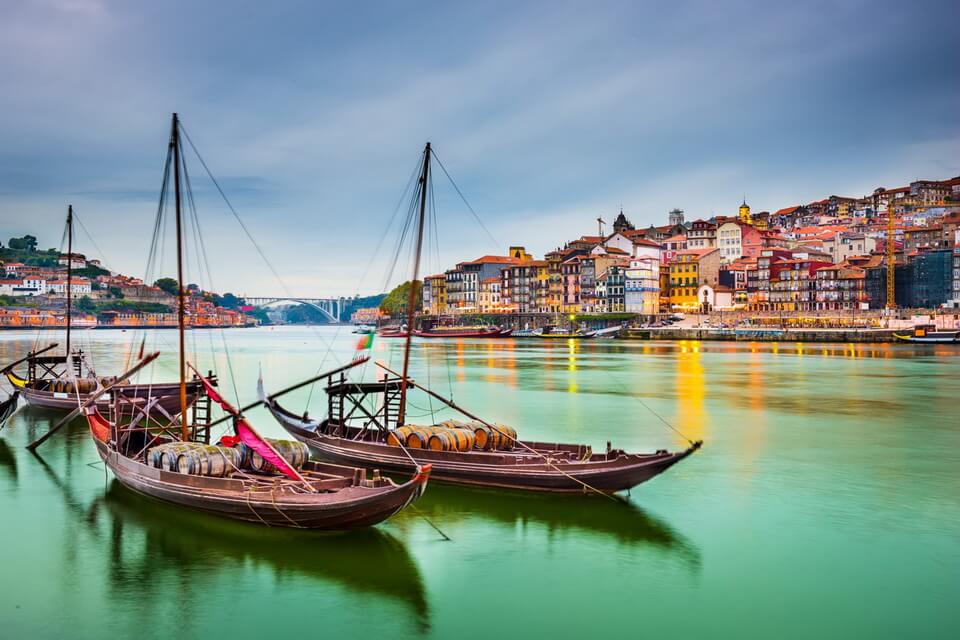
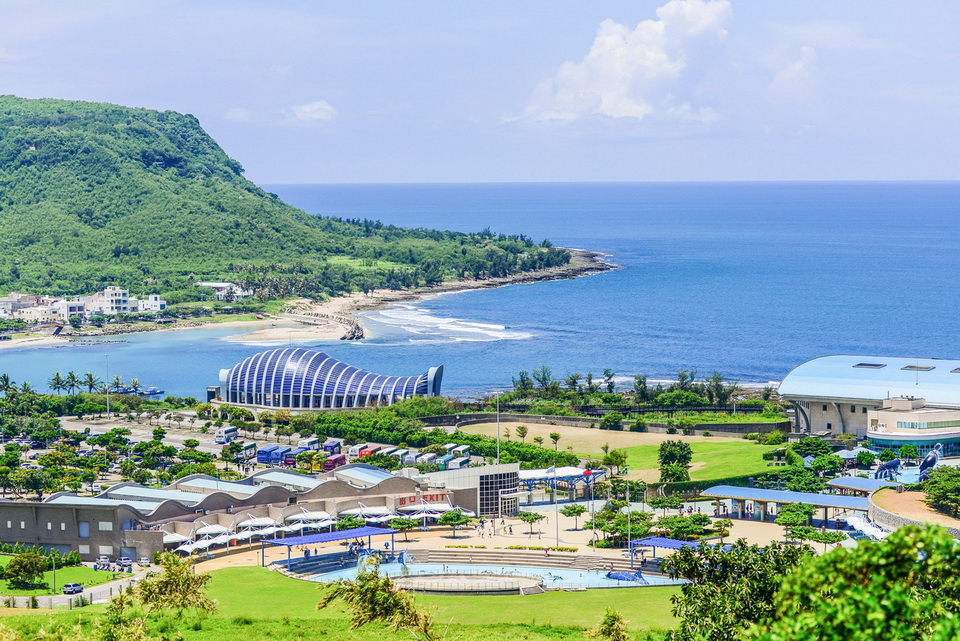
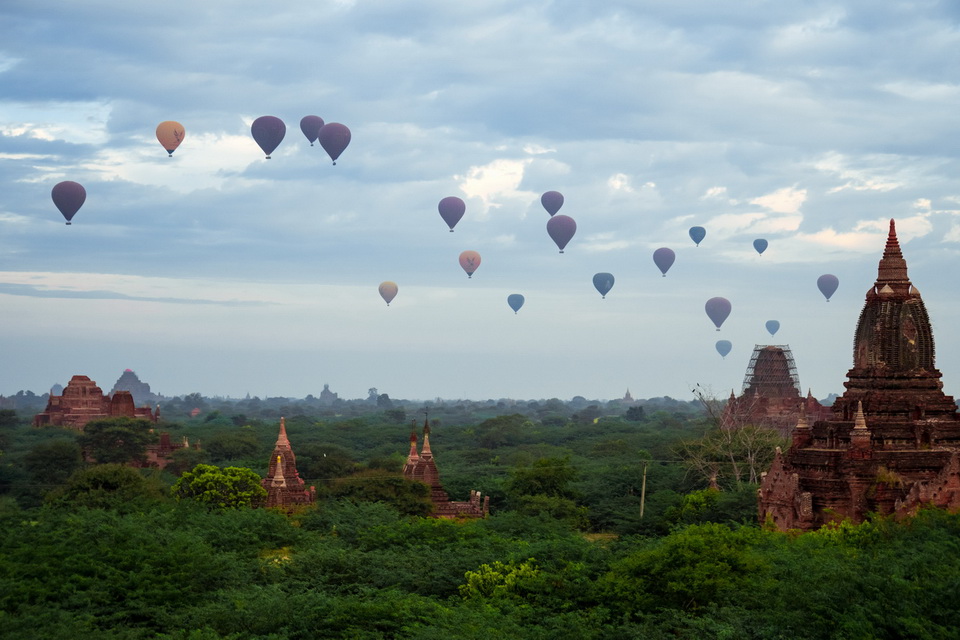








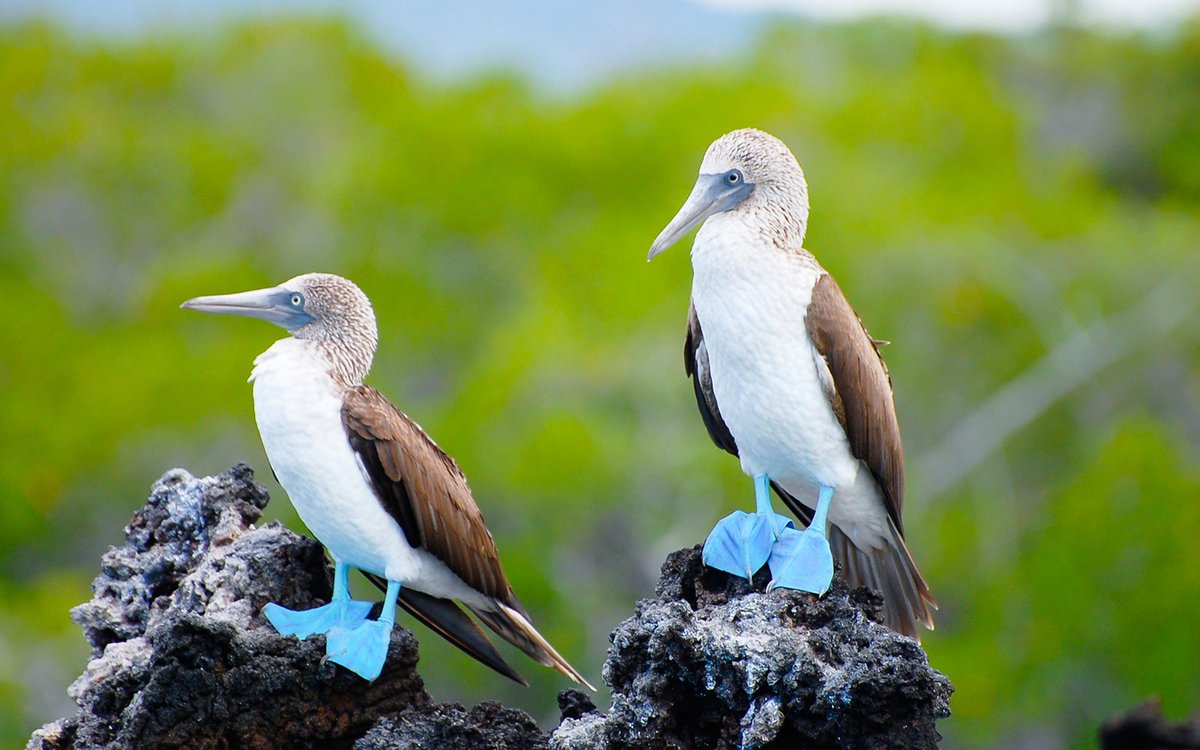
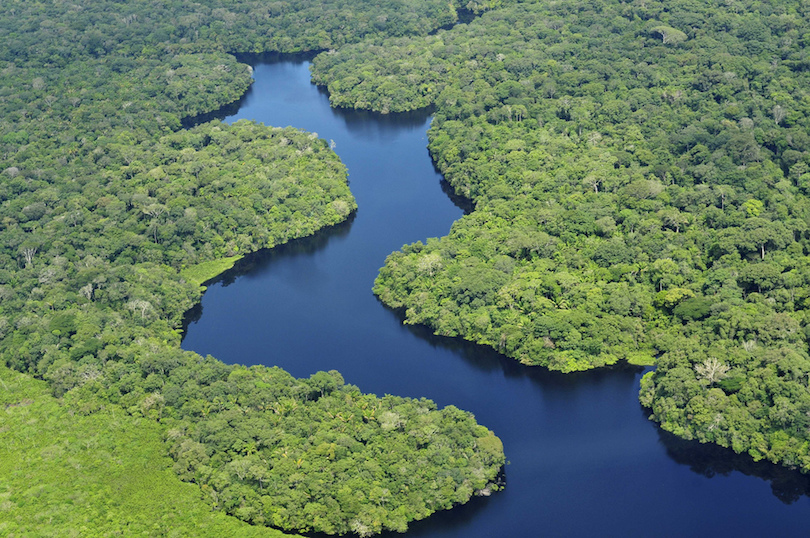
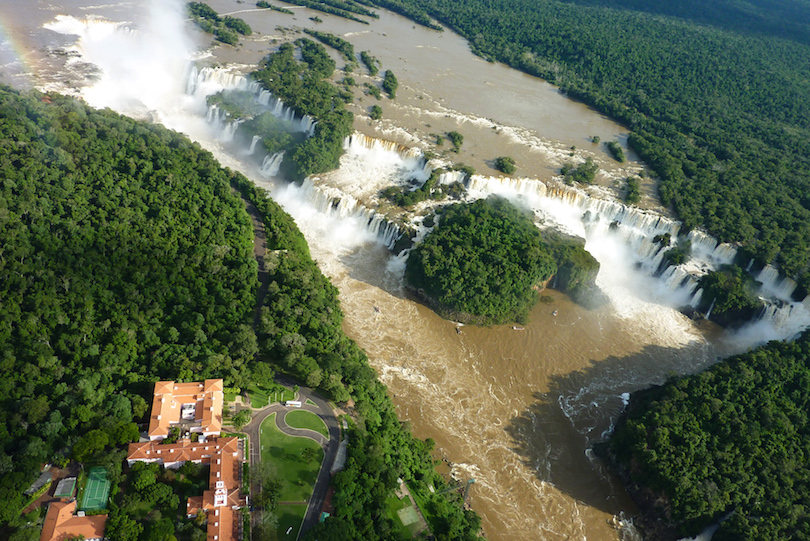
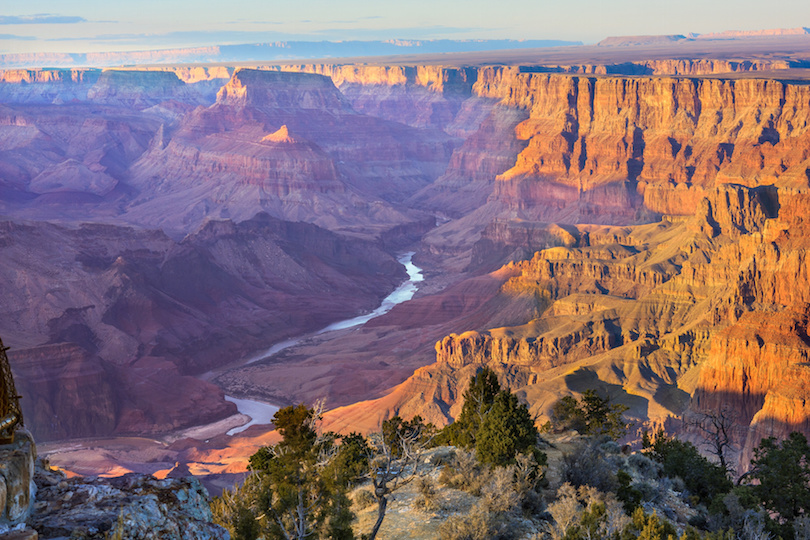
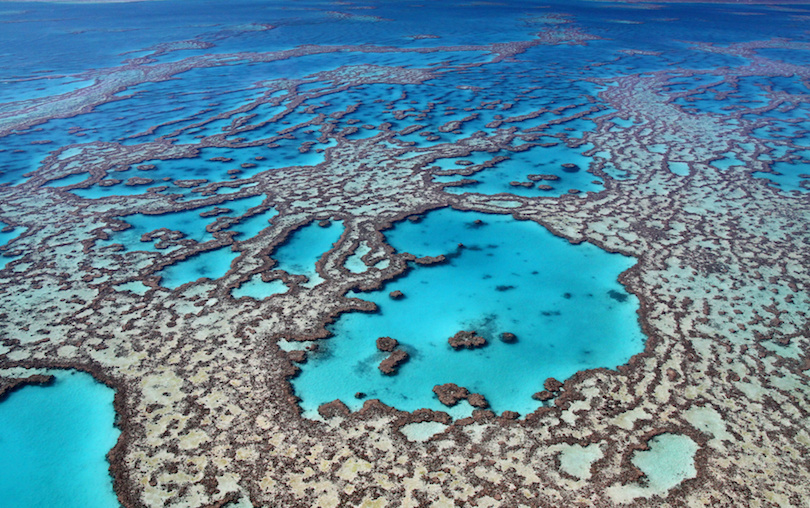
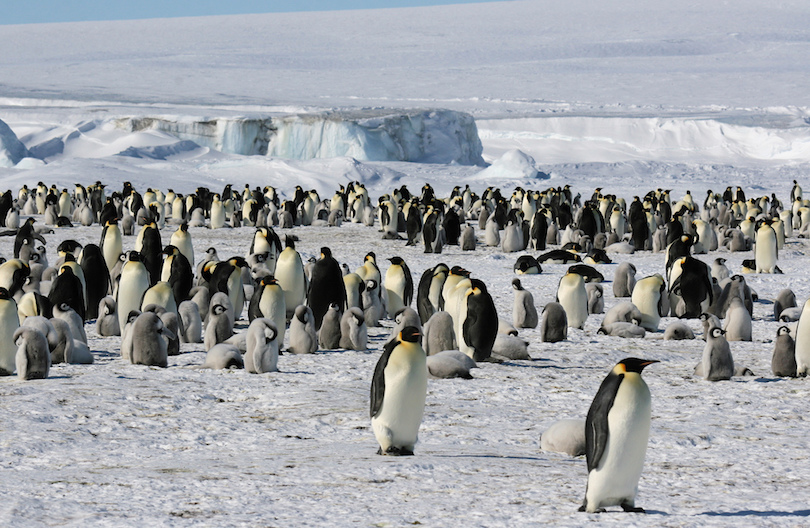

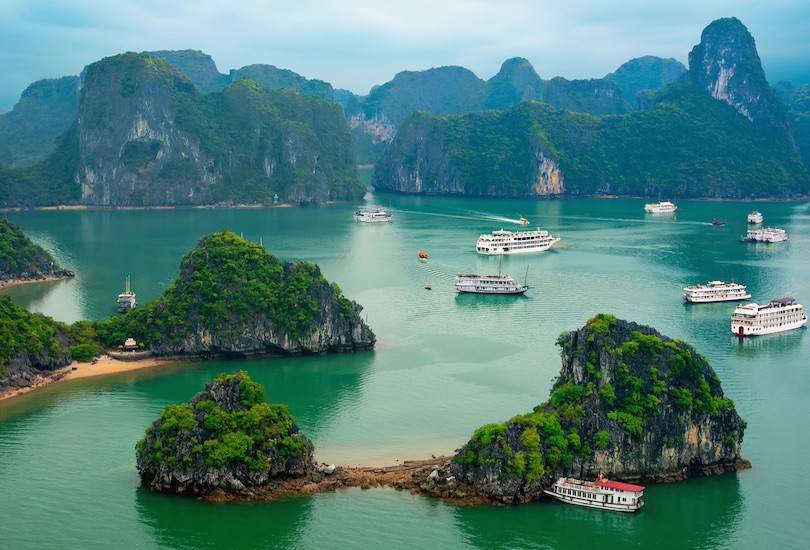
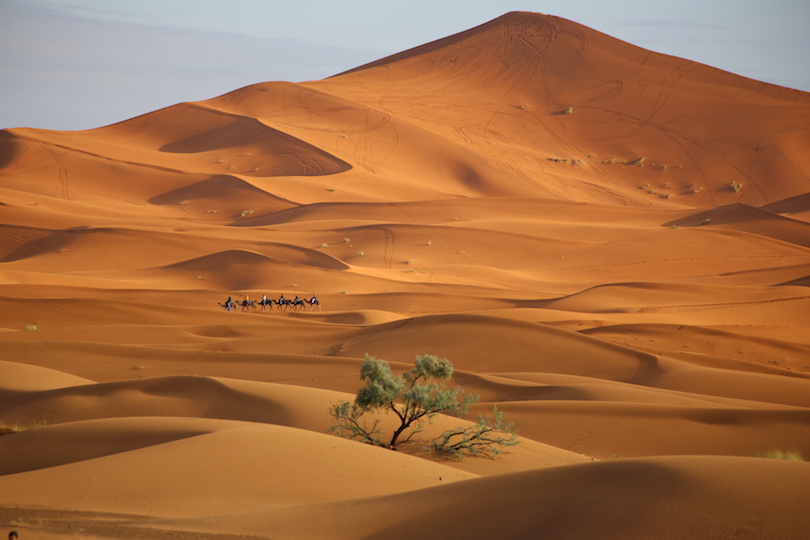
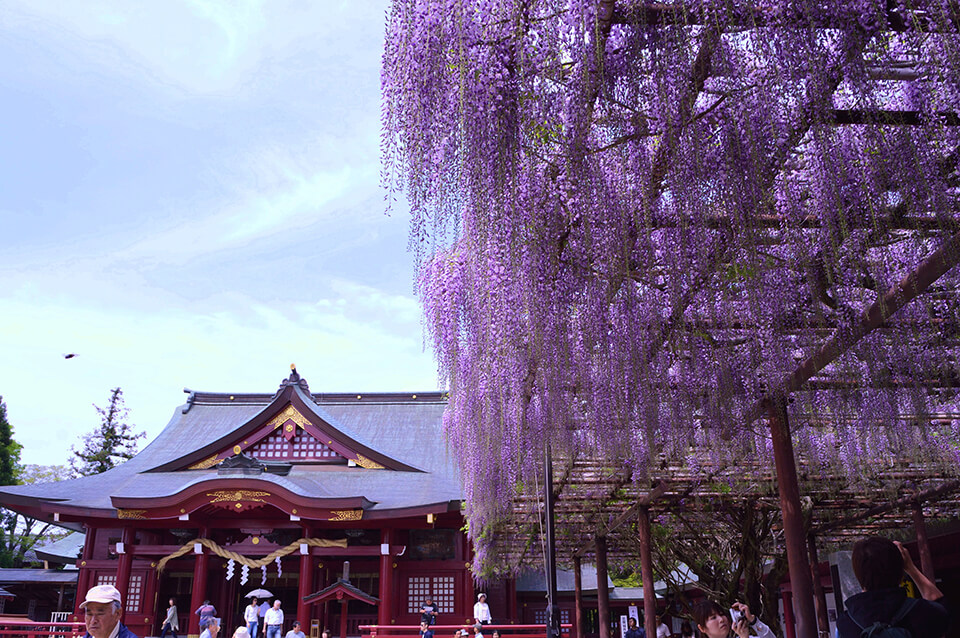
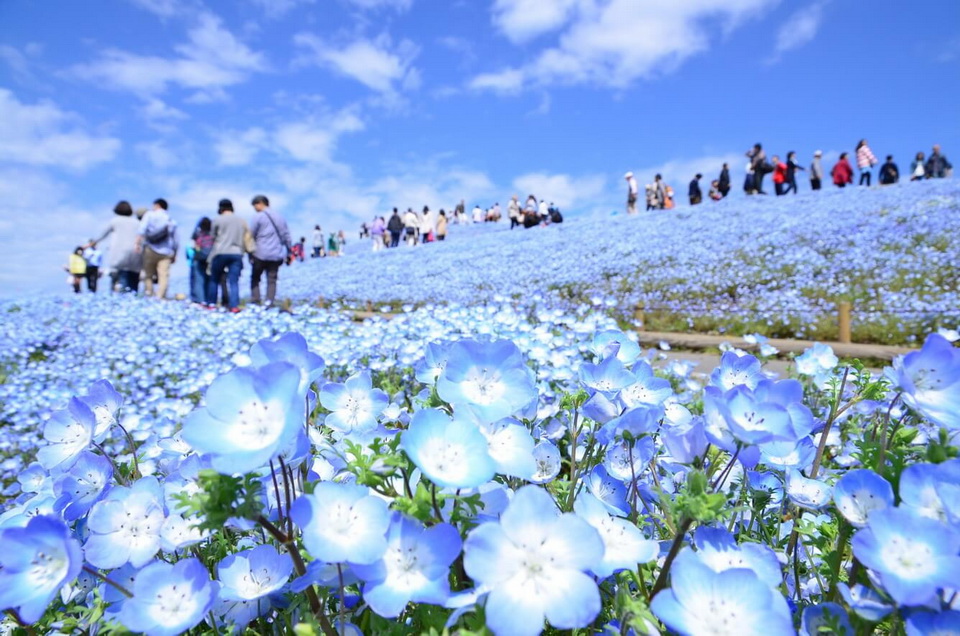
 (1).jpg)
